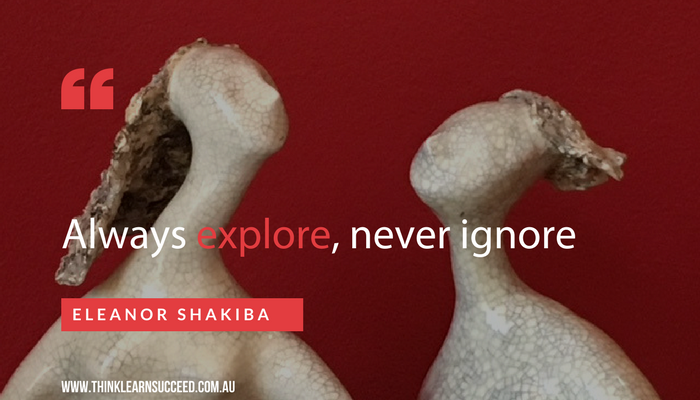
What’s the first thing you should do when you’re verbally attacked? It’s not defending yourself, even though this is the instinctive reaction which drives most people. If you want to shift the power dynamic and take control of the situation, you need to work smarter. You need to ask questions instead of rebutting what has just been said.
Taking this approach gives you four strategic advantages. This is why effective questioning techniques are included in every communication skills course I deliver. Savvy communicators use questions to direct the focus of the conversation. When you’ve just been attacked, this is the smartest thing you can do. There are four strategic advantages to being a questioner rather than a defender.
Strategic advantage 1: You don’t get hooked into a psychological game
Whether it’s an insult, a criticism, or an absurdly overstated claim, any verbally attacking statement is an example of baiting. My previous articles have explored how baiting is a critical component of psychological game playing. They’ve explained why you should avoid taking the bait and instead give an unexpected response to the game initiator. Asking a question in response to a verbal attack is a great way to do this. The speaker is expecting you to defend yourself, but you throw them off guard by gently enquiring about their perspective.
Strategic advantage 2: A question frames you as confident and self-assured
Asking a question subtly communicates that you’re unfazed by the verbal attack. For example, I once witnessed a scene where a senior manager stormed into a team workroom and loudly confronted one of her direct reports. “How dare you give the draft plan to the GM without consulting me?” the manager raged. The target of her attack, a small, unassuming woman looked momentarily confused. I was impressed by how quickly she regained her composure. She looked the manager directly in the eye and asked “What makes you think I did that?” The attacker was stopped in her tracks. Her unconscious intention had been to establish her power, but her team member had remained calm and in control.
Strategic advantage 3: You find out the real issue
Smart questions help you uncover the real issue quickly. This means you can prevent the conversation becoming personal. It also allows you to redirect towards solution-finding rather than getting caught up in a blame game.
Strategic advantage 4: Asking questions helps you uncover faulty assumptions
Most verbal attacks are prompted by flawed thinking, heightened feelings, or incorrect assumptions. The quickest way to show the other person their assumptions are wrong is not to defend yourself; it is to respectfully probe the thinking chain which has led to those assumptions. Questions such as “What makes you think that?” or “Where is that information coming from?” are very useful here.
About the author of these tips
Eleanor is a specialist in positive psychology. Her key area of expertise is helping smart professionals build their social and emotional intelligence. Since 1994, Eleanor has been teaching talented people – like you- how to think, communicate and behave in ways that build success. Eleanor is qualified in Social Anthropology, Applied Psychology, Adult Education and Neuro Linguistic Programming.
